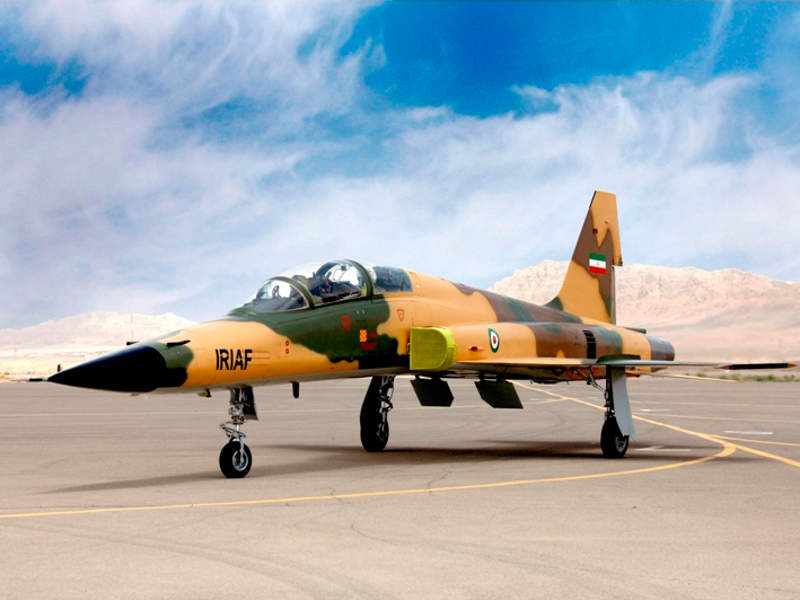Israel's air power contest with Iran, who is superior? - Kompas.id
With its long-range weapons, Iran's military power poses a formidable challenge to the Israeli military. The recent missile and drone attacks by Iran targeting Israeli territory have escalated tensions in the Middle East and raised concerns about the military capabilities of both countries.
Historical Context
Iran and Israel have both experienced conflicts with neighboring countries in the past. Iran engaged in a prolonged war with Iraq from 1980 to 1988, characterized by static warfare tactics reminiscent of World War I. On the other hand, Israel faced conflicts with neighboring nations during the Six-Day War in 1967 and the Yom Kippur War in 1973.
The Six-Day War saw Israel achieve significant territorial gains, while the Yom Kippur War tested Israel's ability to defend against coordinated attacks from Egypt and Syria.

Modern Warfare
In modern warfare, factors such as surprise attacks and coordinated military strategies play crucial roles in determining the outcome of conflicts. Air power is particularly significant in launching surprise offensives and gaining control of enemy airspace.
According to data from the International Institute for Strategic Studies, Israel has a larger fleet of operational fighter jets compared to Iran. Israel's air force is also supported by advanced aircraft such as the F-35, which provides superior capabilities in air combat.
Current Capabilities
While Iran has announced agreements to procure advanced fighter jets like the Su-35, the delivery and operational status of these aircraft remain uncertain. In contrast, Israel's air force boasts a fleet of modern F-35 fighter jets with stealth capabilities, giving them a significant advantage in aerial engagements.

Iran's air defense equipment, consisting of older generation aircraft from the US, Russia, and China, may struggle to match the technological sophistication of Israel's fighter squadrons.
Future Scenarios
Despite Iran's efforts to enhance its long-range missile and drone capabilities, the likelihood of a direct air battle between Iran and Israel remains relatively low due to geographical constraints. However, the development of airborne weapons poses a credible threat to Israeli security.
Ultimately, Israel's superior air power, especially with the deployment of F-35 jets, places them in a favorable position in potential conflicts with Iran. The combination of advanced aircraft and strategic military capabilities underscores Israel's dominance in the region.










